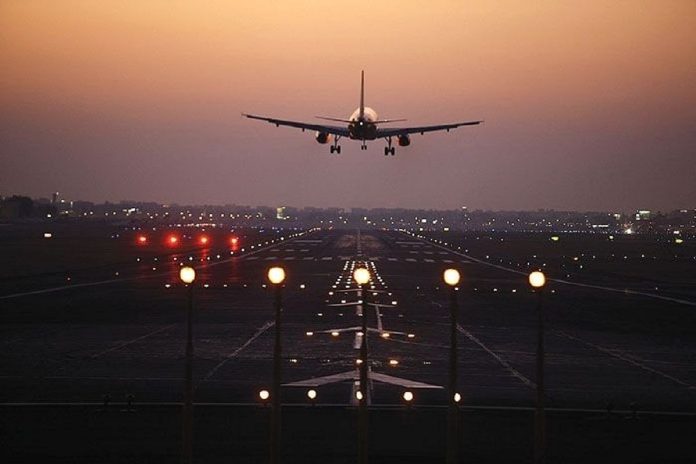Civil Aviation Minister Jyotiraditya Scindia has announced that a feasibility study is being conducted to assess stakeholder collaboration and multi-modal connectivity to and from, and within the airport.
An international hub airport serves as a vital link between domestic and international airports, facilitating seamless transit for passengers.
The government is currently working on developing the Indira Gandhi International (IGI) Airport in the capital to become the country’s first international hub airport.
Civil Aviation Minister Jyotiraditya Scindia has announced that a feasibility study is being conducted to assess stakeholder collaboration and multi-modal connectivity to and from, and within the airport, reports Financial Express.
The feasibility study is expected to be completed by next month, providing valuable insights and recommendations for the development of the Indira Gandhi International Airport as a hub airport.
The study will play a crucial role in shaping the future plans and infrastructure of the airport.
The goal is to reduce the minimum connect time to globally acceptable levels, ensuring a seamless travel experience for passengers.
In addition to Delhi, other airports in Mumbai, Chennai, Kolkata, and Thiruvananthapuram also possess the potential to be developed as hub airports.
An international hub airport serves as a vital link between domestic and international airports, facilitating seamless transit for passengers.
By integrating operations and services, passengers can smoothly transition from one airport to another, enhancing overall travel convenience and efficiency.
The government recognises the importance of these airports and their ability to synergise domestic and international travel — allowing passengers to transit between them effortlessly.
To fulfil this advancement, the facility requires metro, road, and highway connections, as well as a strong network of airlines that serve both domestic and international destinations.
Currently, there are no international hub airports in the country, and many passengers from India have to transit through airports in the Middle East and Southeast Asia.
The minister previously mentioned that airlines are increasing their capacity through acquiring more aircraft, and both the government and private sector are constructing airports and other physical infrastructure to support the sector’s rapid growth.
As per recent reports, two major airlines, IndiGo and Air India, have made significant aircraft purchases.
IndiGo has secured its capacity needs until 2035 by ordering 500 jets from Airbus. Further, Air India has placed orders for a total of 470 Boeing and Airbus aircraft, amounting to approximately $70 billion.


